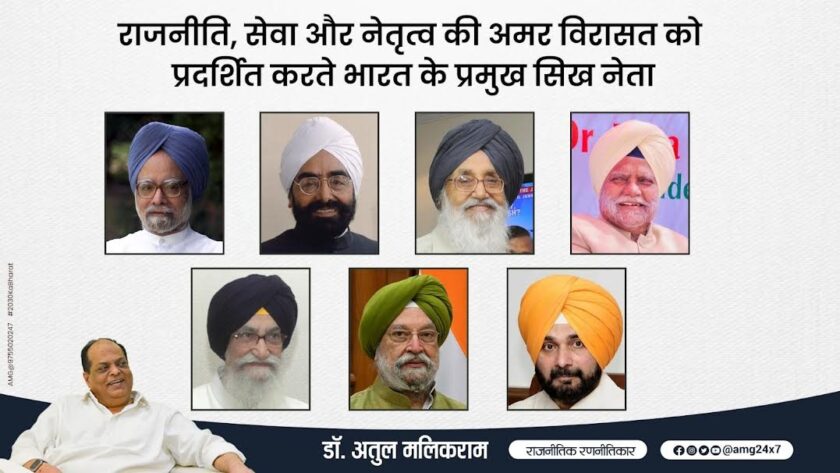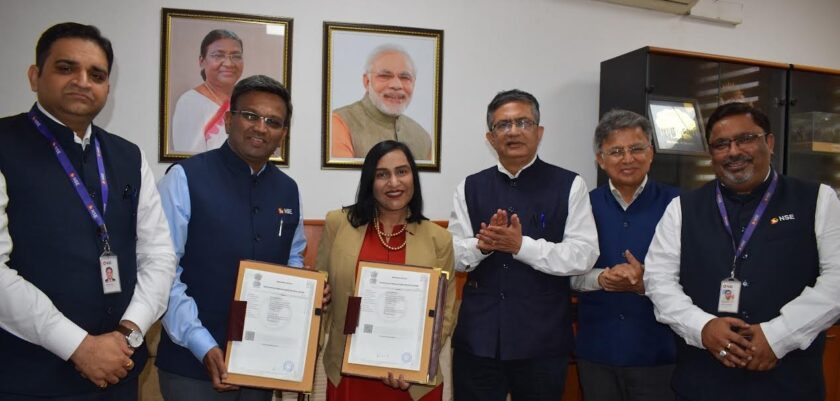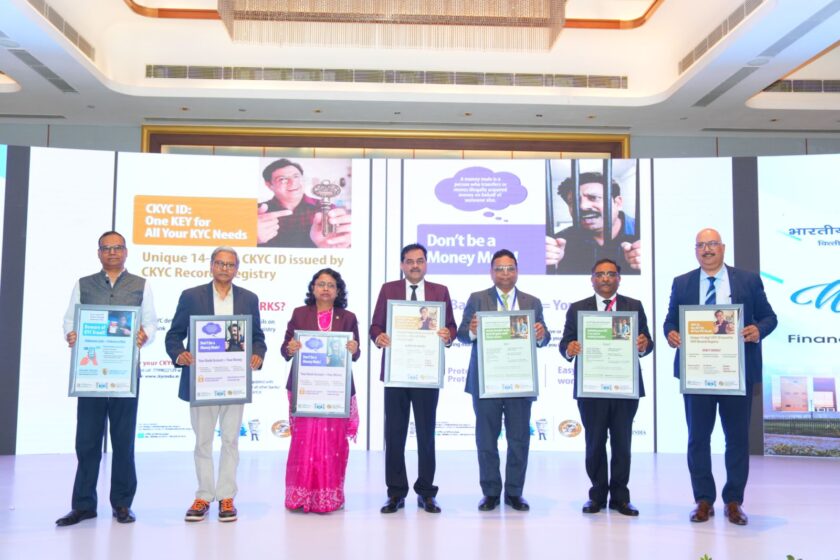New Delhi — In the aftermath of Operation Sindoor, India’s all-party delegation has embarked on a global diplomatic initiative to present the nation’s cultural richness, unity in diversity, and resolute stance on national security. The initiative, which spans continents, has seen elected representatives from across political lines engage in robust dialogue and narrative-building without relying on foreign policy consultants or external specialists.
This global outreach has garnered attention not only for its message but also for the personalities involved. Members of Parliament including Kanimozhi Karunanidhi (DMK), Shashi Tharoor (Congress), and Asaduddin Owaisi (AIMIM) have emerged as key voices in this diplomatic offensive, winning praise back home for articulating India’s position on key geopolitical matters.
Diplomatic Brilliance, Internal Criticism
However, despite the effort’s scale and intention, dissenting voices within some political parties have emerged. Critics are questioning the efficacy and visibility of the delegation’s meetings with high-level diplomats abroad. Detractors argue that without clarity on who the delegates are meeting, the credibility of the mission is under strain. Analysts warn that such skepticism—if aired publicly—can send the wrong signal internationally and potentially erode the unity that India is trying to project.
As the political rhetoric intensifies, there is a growing sentiment that national unity and international representation must be safeguarded from partisan ridicule, especially in times when India’s global standing is at stake.
Kanimozhi Leads from the Front
Kanimozhi Karunanidhi, MP from Tamil Nadu and DMK leader, has spearheaded the delegation’s visit to five countries, including Spain, where she led discussions centered on India’s pluralistic ethos and cooperative democracy. She was accompanied by Rajeev Kumar Rai (Samajwadi Party), Brajesh Chowta (BJP), Ashok Mittal (AAP), Prem Chand Gupta (RJD), and former diplomat Manjeev Singh Puri.
Her address in several forums highlighted India’s unity in diversity, federal structure, and the value of secularism, resonating with foreign governments and civil societies.
Tharoor Challenges Global Narratives on India-Pakistan
Meanwhile, Shashi Tharoor, representing India in the United States, strongly rebutted former US President Donald Trump’s claim of mediating the recent India-Pakistan ceasefire. Speaking in Washington, Tharoor asserted:
“There is no scope for third-party mediation between India and Pakistan. These are not two equals—India is a robust democracy with global responsibilities; Pakistan harbors terrorism.”
Tharoor’s response not only rebutted the Trump narrative but also earned appreciation across political lines for its clarity and assertiveness, framing India as a confident and capable sovereign power.

Owaisi Surprises with Pro-India Diplomacy
In a rare departure from his usual domestic positioning, Asaduddin Owaisi, often known for championing minority concerns, surprised many with his blistering critique of Pakistan during visits to Algeria, Saudi Arabia, Kuwait, and Bahrain. Owaisi highlighted how Pakistan’s double standards on terrorism have harmed South Asian stability, drawing ire from Pakistani leaders.
Responding to criticism that he is attempting to become a “Hindu Hriday Samrat,” Owaisi stated:
“I will always speak for the nation. When India’s interest is on the table, there is no compromise.”
Owaisi has also called for a parliamentary debate on the intelligence lapses leading to the Pahalgam terror attack and subsequent Operation Sindoor, as well as the India-Pakistan ceasefire agreement reached on May 10, 2025, just days after the April 22 terror incident.
Operation Sindoor: The Trigger
Operation Sindoor, launched in retaliation to the Pahalgam terror attack, marked a turning point in India’s counterterror strategy. The operation concluded with tactical victories and set the stage for diplomatic outreach to consolidate India’s image as a decisive, pluralistic, and peace-driven global power.
India’s Rising Global Voice
This multi-party outreach represents a new phase in Indian diplomacy—one where democracy is not just internal, but also exported. Despite criticisms, the delegation has managed to uphold India’s democratic values, argue its case on international platforms, and amplify its image as a unified nation with shared purpose.
With more tours planned, the world is watching how India balances domestic politics with global leadership. For now, Kanimozhi, Tharoor, and Owaisi have taken the center stage—transforming political discourse into statesmanship.










